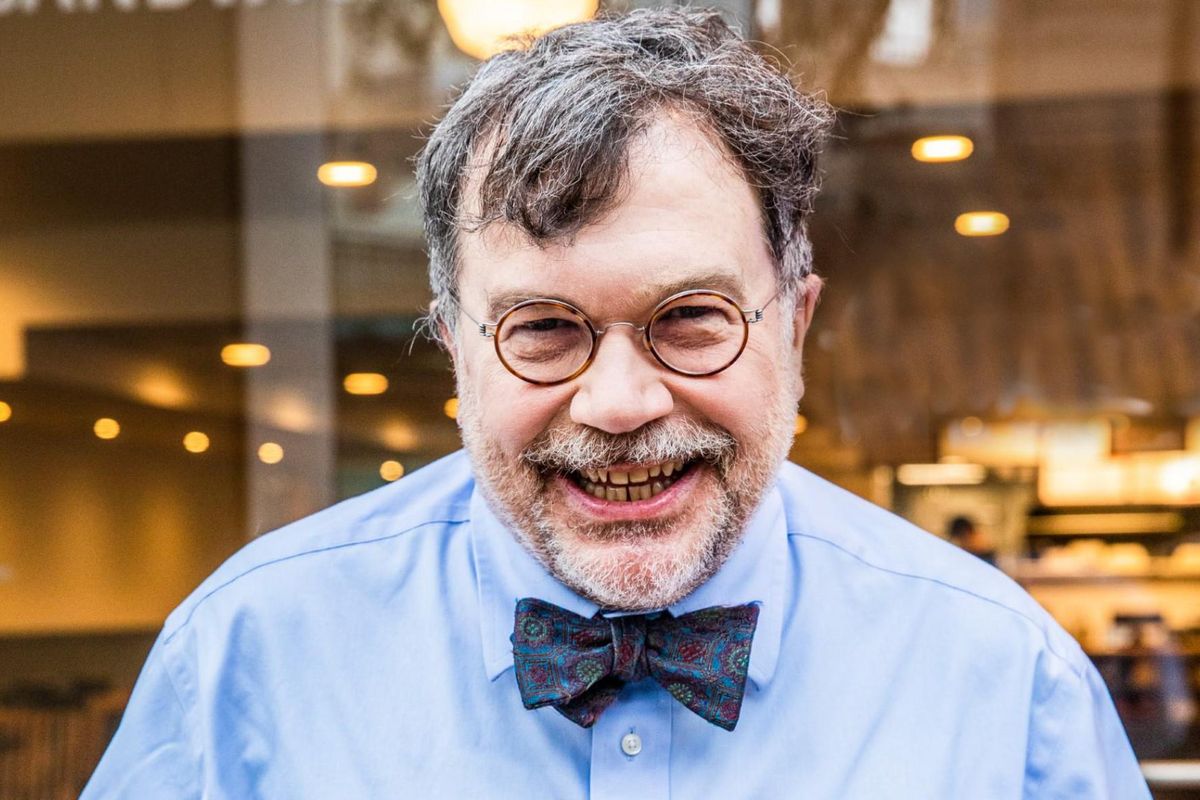Two Houston-based startups were named among 50 companies nationwide to receive $100,000 as part of the Google for Startups Black Founders Fund this month.
The $5 million fund aims to close the wealth gap for Black founders around the country by offering 50 $100,000 non-dilutive awards, meaning that the investment does not require founders to give up equity in exchange for funding. The award also includes programming, mentorship and access to free mental health therapy and now includes 176 founders in the United States.
ChurchSpace and Enrichly were the two Houston-based companies to receive the award.
ChurchSpace, known as the Airbnb for churches, is a mission-based company that aims to help churches convert underused real estate into event, meeting and commercial kitchen space to boost revenue and relieve financial burden while remaining compliant with IRS regulations for non-profits.
“We applied to Google for Black Startups to have the opportunity to gain perspective on how to build a better product and experience for our customers,” Day Edwards, co-founder of ChurchSpace, said in a statement. “We believe that being a part of the program will enable us as Black founders to better lead and build a tech-enabled platform that is eradicating church underutilization rates across the nation.”
The company recently participated in the inaugural cohort of the AWS Impact Accelerator for Black Founders, which included a pre-seed fundraising campaign and a $125,000 equity-free grant from Amazon. The company plans to launch the second iteration of its marketplace in December 2022.
Meanwhile, Enrichly provides on-site mental health curriculums for schools through machine learning, gamification and data automation. The company's logic model is designed to have short-term, mid-term and long-term results in students' goal setting abilities, emotion and stress management techniques, conflict resolution, etiquette, relationships, resilience and more.
“The Google for Startups Black Founders Fund is an incredible opportunity for the growth of our company.” Margo Jordan, CEO of Enrichly, said in the statement.
Enrichly plans to use the funds to expand its team and reach growth goals in the future.
Earlier this summer, Google for Startups also selected three Houston companies for its inaugural Google for Startups Latino Founders Fund. Read more about the companies selected here.
 Day Edwards is the co-founder and CEO of Church Space, which was founded in 2020. Photo courtesy of Church Space
Day Edwards is the co-founder and CEO of Church Space, which was founded in 2020. Photo courtesy of Church Space

 Comcast to dole out $1M in grants to BIPOC-owned small businesses in Houston
Comcast to dole out $1M in grants to BIPOC-owned small businesses in Houston Day Edwards, founder and CEO of Church Space
Day Edwards, founder and CEO of Church Space

 Apple doubles down on Houston with new production facility, training centerPhoto courtesy Apple.
Apple doubles down on Houston with new production facility, training centerPhoto courtesy Apple.

